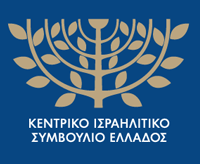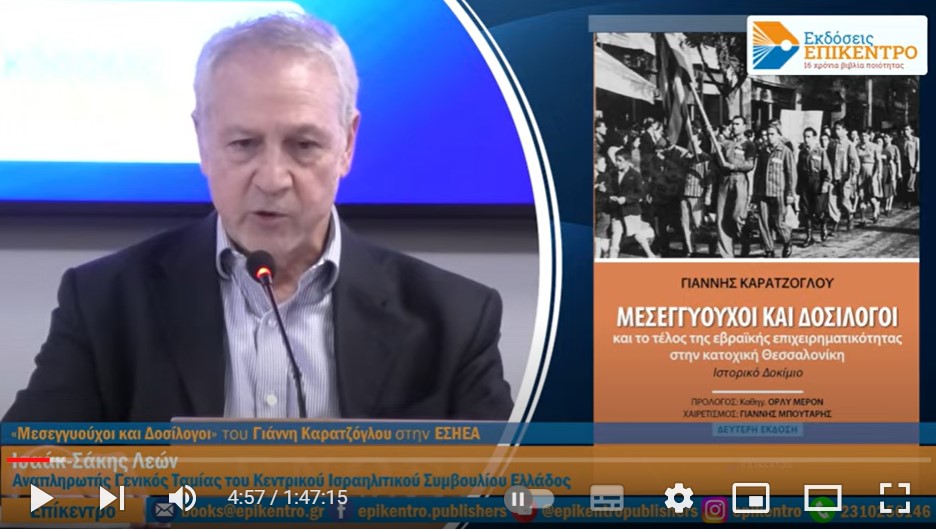
- Informations
G. Karatzoglou's book "Guarantors and guarantors" (published by Epikentro) was presented at an event held in Athens, in the hall of ESIEA, on 4.4.2024.
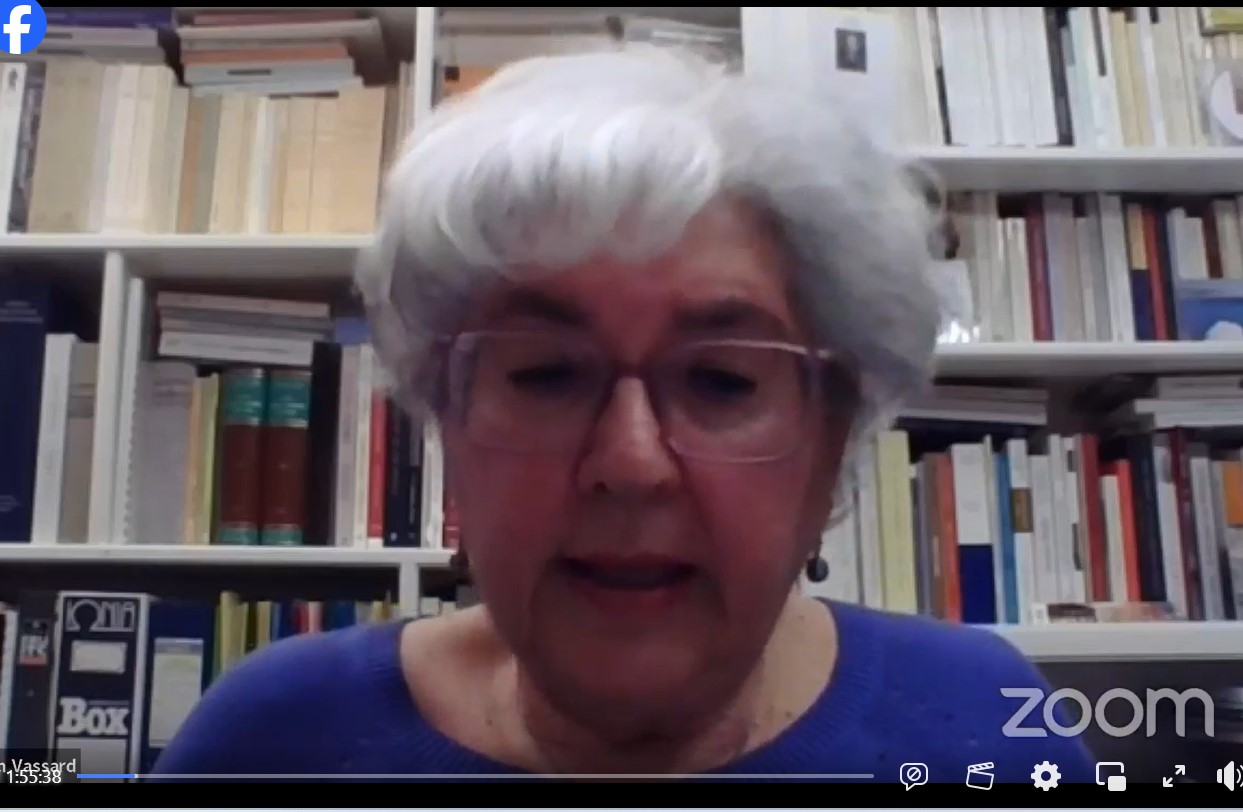
- Informations
As part of the online meetings of the group of historians on the history of women and gender, at the event of 26.3.24, the historian Odette Varon-Vasard spoke on the topic "Survival, testimony, transmission.
More: ANALYSIS OF O. VARON – VASSAR ON THE NARRATIVES OF GREEK-JEWISH FEMALE SURVIVORS OF AUSCHWITZ
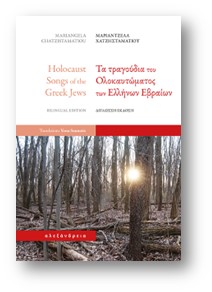
- Informations
The publication The Songs of the Holocaust of the Greek Jews presents for the first time, in one volume and recorded, the songs written by the Greek Jews during the Holocaust.
The material emerged after many years of research by the soprano Mariangela Hadjistamatiou through the testimonies of survivors, through the Holocaust bibliography, as well as through the archive of the Israelite Community of Thessaloniki. The songs, or rather their lyrics, work like capsules of information that enclose the world as these people saw it in the darkest moments of their existence.
More: BOOK BY MARIANZELA HATZISTAMATIOU "THE SONGS OF THE HOLOCAUST OF THE GREEK JEWS"
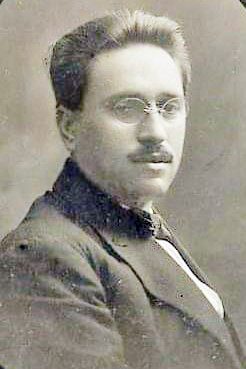
- Informations
Tribute to a special personality of Xanthi
This year, 80 years have passed since the liberation on that day of March 3-4, 1943, when the Bulgarian Occupation Army, following orders from their German allies, arrested Greek Jews, in Anat. Macedonia and Thrace.
From the Israelite Community of Xanthi, which numbered approximately 550 members, no one managed to escape and return. They were all taken to the Treblinka concentration camps in Poland, where they were exterminated!
In all this tragic situation and development that the Jews of Xanthi were experiencing, 3 people managed to escape and survive the Holocaust, officially.
Ο Yehuda Chaim Perachia, who was not in Xanthi at the time of the arrest but in Kavala, o Ziak Kazes, who had been arrested earlier, at an earlier time, together with his partner David Attas and had been imprisoned in the interior of Bulgaria, in Kirzhali, on the charge of listening to the radio and the Alberto Gioia, of Samuel and Clara, who at that time was towards Thessaloniki and in rebel groups.
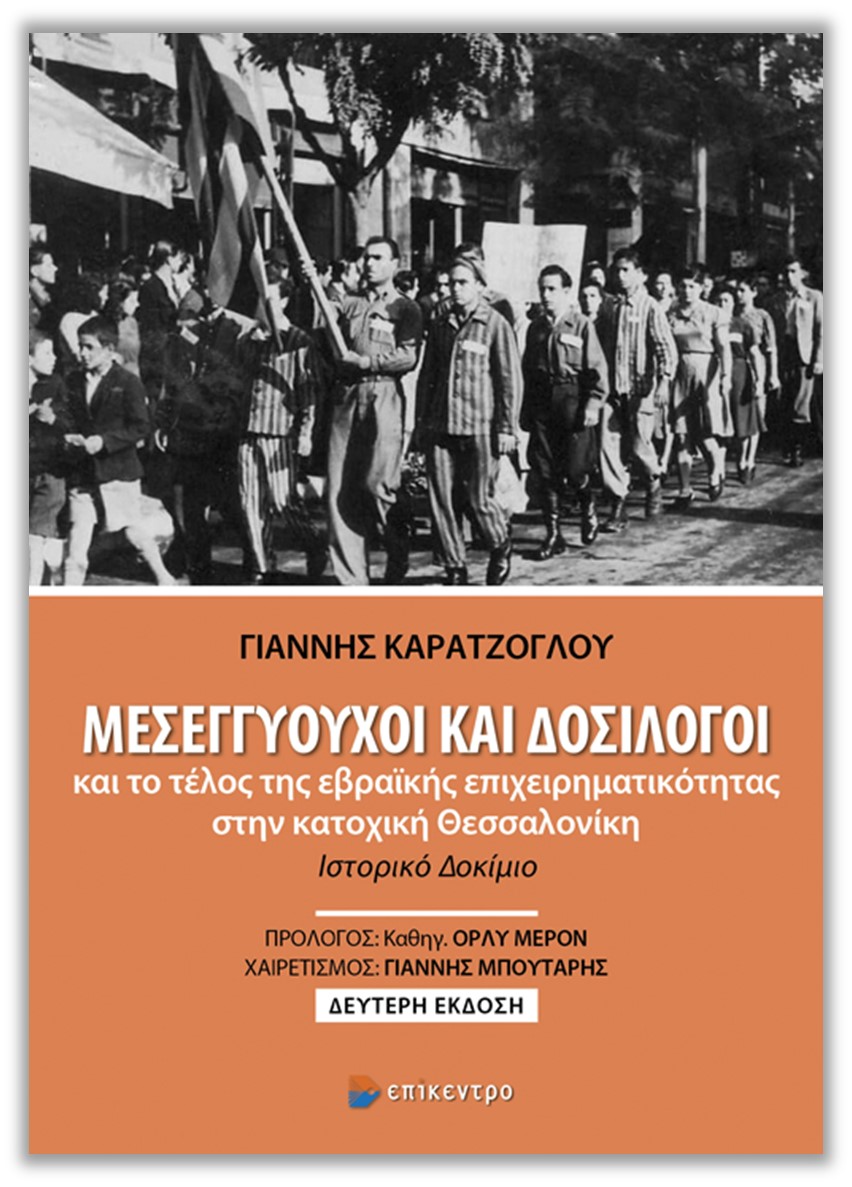
- Informations
The Thessaloniki of the occupation is perhaps the only place in Greece that combines such tragic events with such strong doses of inhumanity. An entire community with a centuries-old presence is being uprooted and killed in the Nazi crematoria; willing collaborators and friends of the Germans seize their properties; common criminal law bastards command as proxies for the occupiers; and when Greece is free again, as if by magic all this syrfetos falls into the "soft".
More: THE BOOK OF YIANNIS KARATZOGLOU "MEDIATORS AND DOSILOGOS" A REVELATING RESEARCH -...
- RADIO DOCUMENTARY ON THE HOLOCAUST OF THOMAS SIDERIS on "VOICE OF GREECE"
- MEMORIES FROM THE OCCUPATION IN GREECE – VOLUME OF PROCEEDINGS
- "WHAT THE CITY REMEMBERS" - PROFESSOR MAZAUER'S SPEECH IN THESSALONIKI DURING THE CEREMONY FOR HOLOCAUST MEMORIAL DAY 2023
- "THE CRYING GIRL" - THE SHOCKING STORY OF A PHOTO FROM THE EXTERMINATION OF THE JEWS OF JOHNINE
